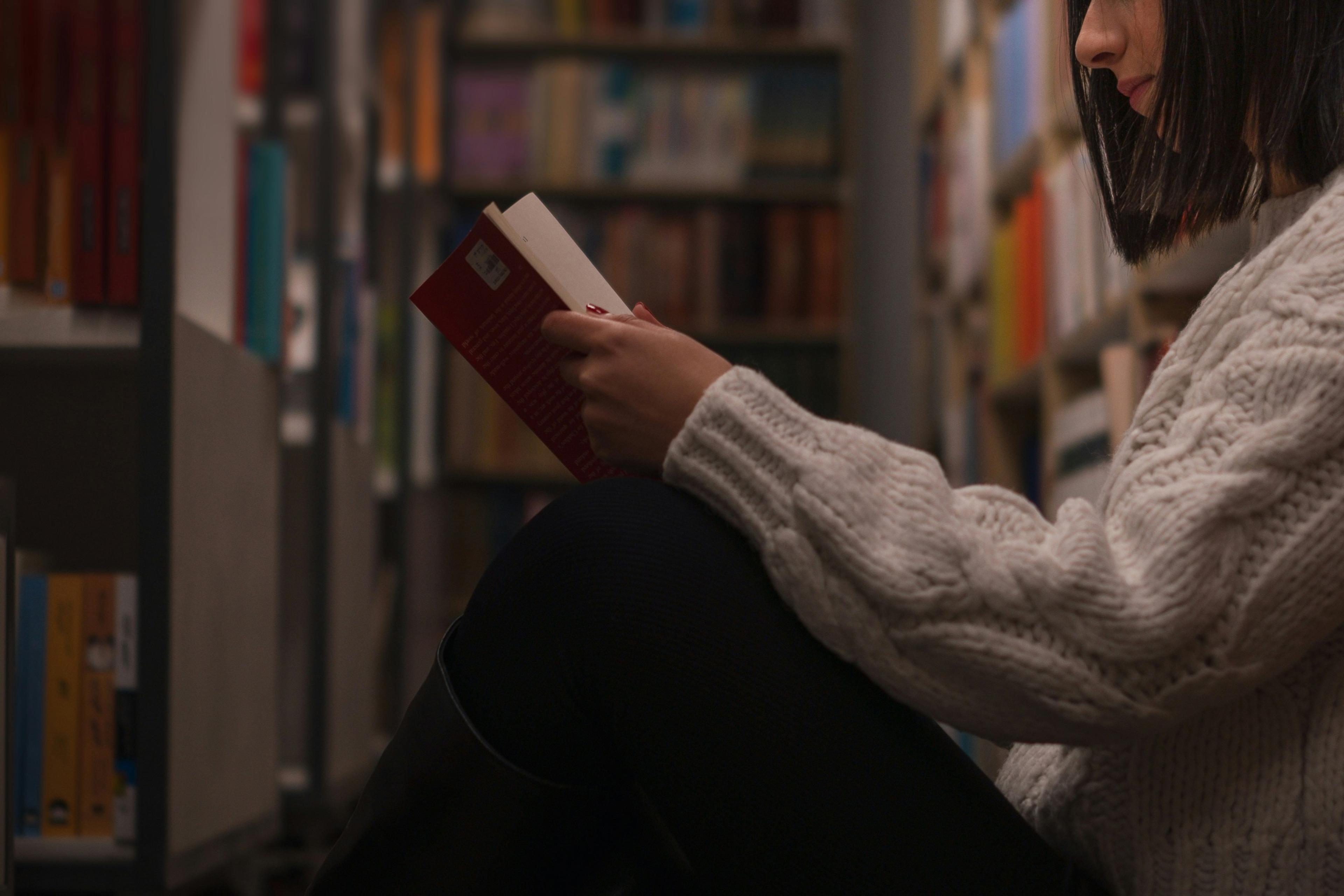
The empathy lie
In medicine, empathy came easy. In friendship, it fell apart. An autism diagnosis helped me understand why
by Zoë Read

In medicine, empathy came easy. In friendship, it fell apart. An autism diagnosis helped me understand why
by Zoë Read
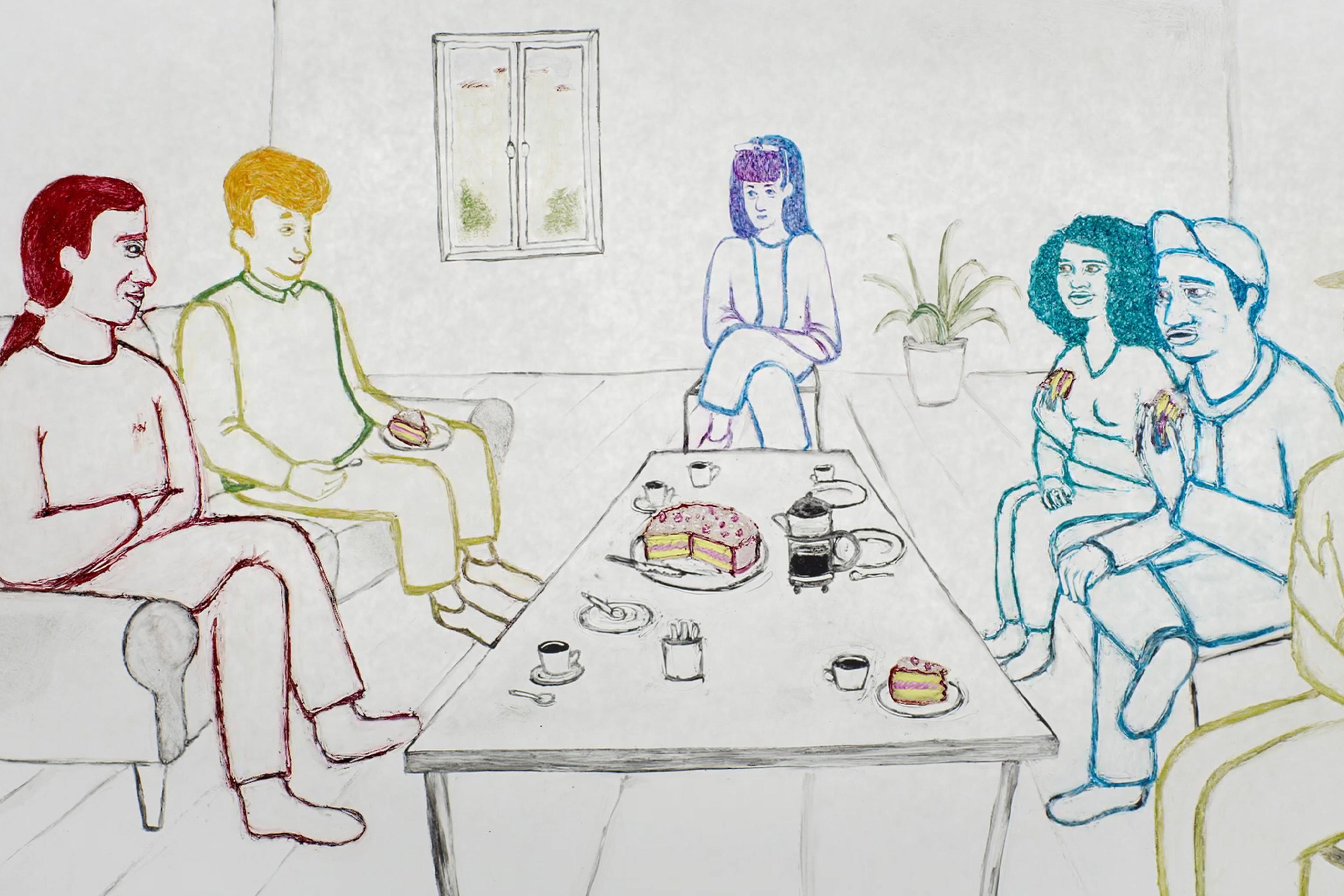
Directed by Tristan Thil
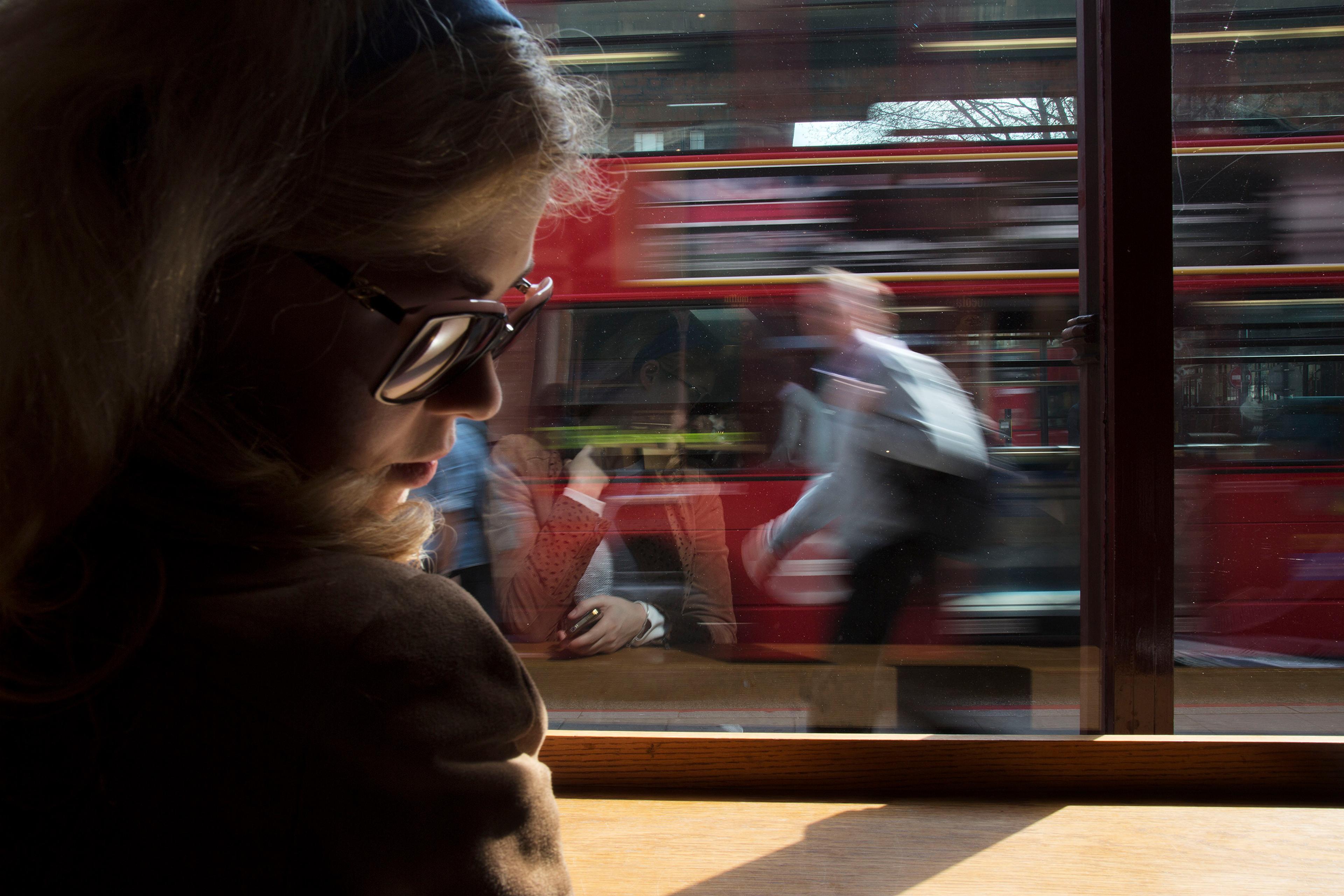

Directed by Steven Fraser

In this noisy world, being highly sensitive is a challenge. But learn to manage overwhelm and you can reap the upsides too
by Jadzia Jagiellowicz
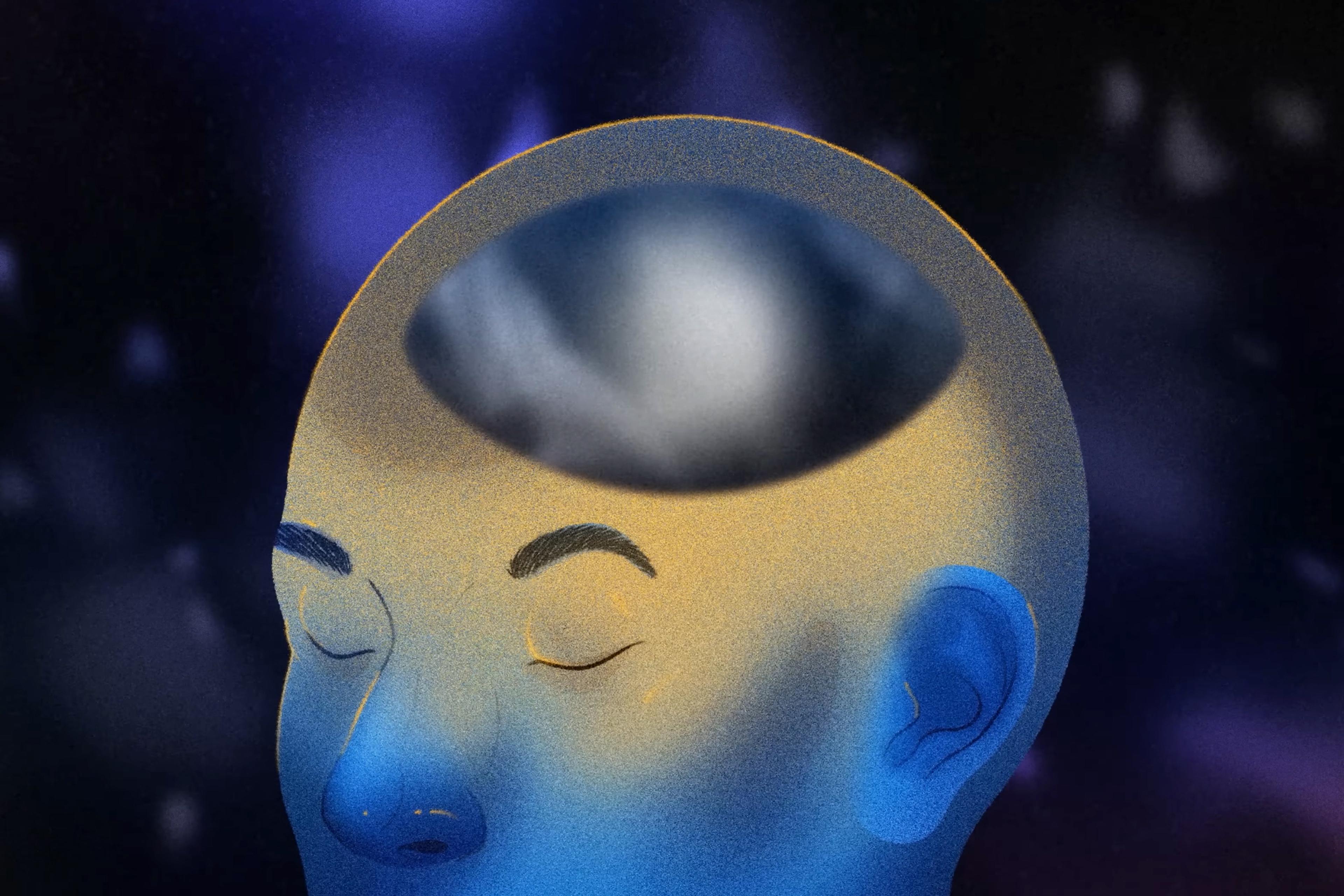
Video by Quanta Magazine
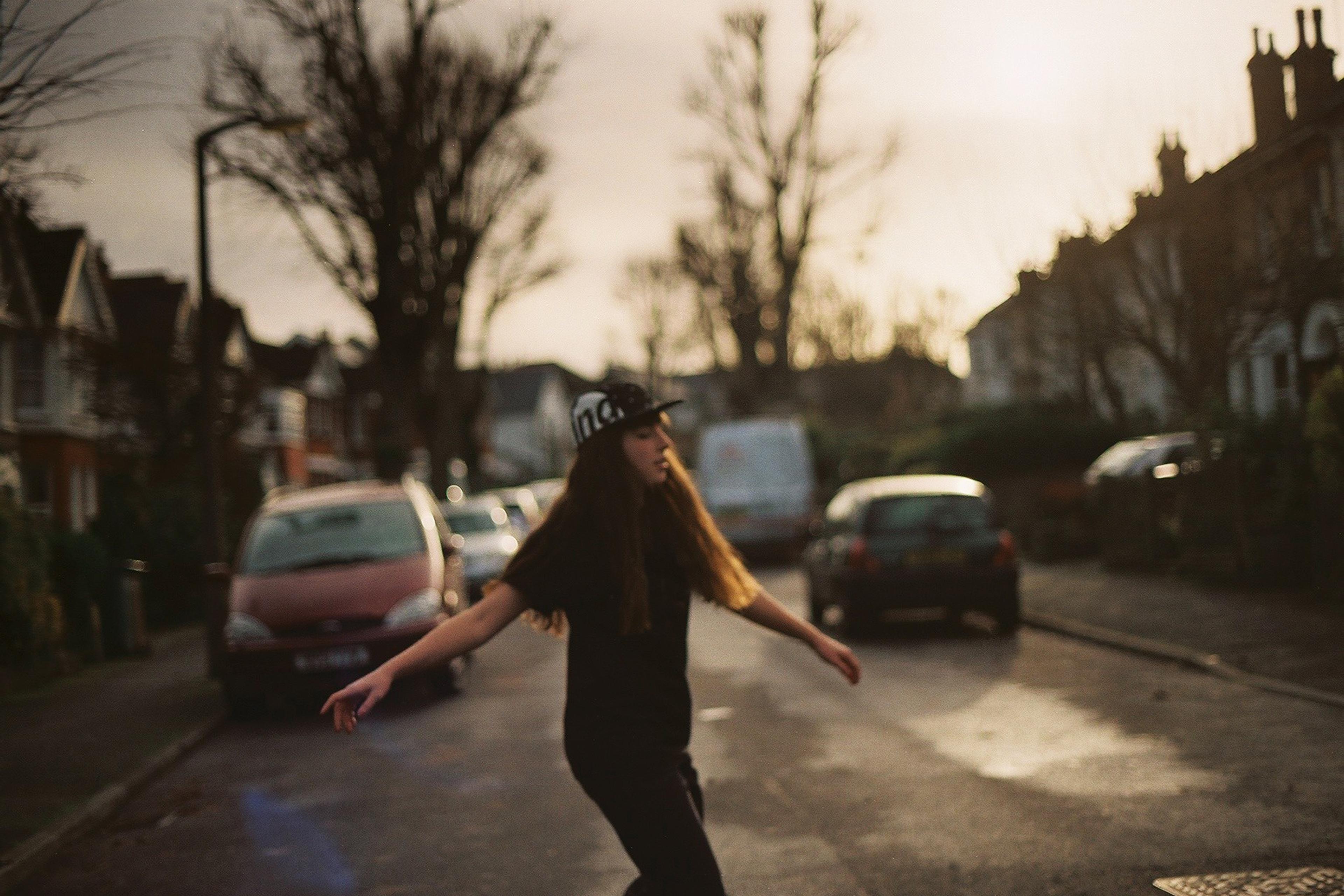
Whether or not you have a diagnosis of Tourette Syndrome, a powerful self-help approach can make a difference within a week
by Paul DePompo
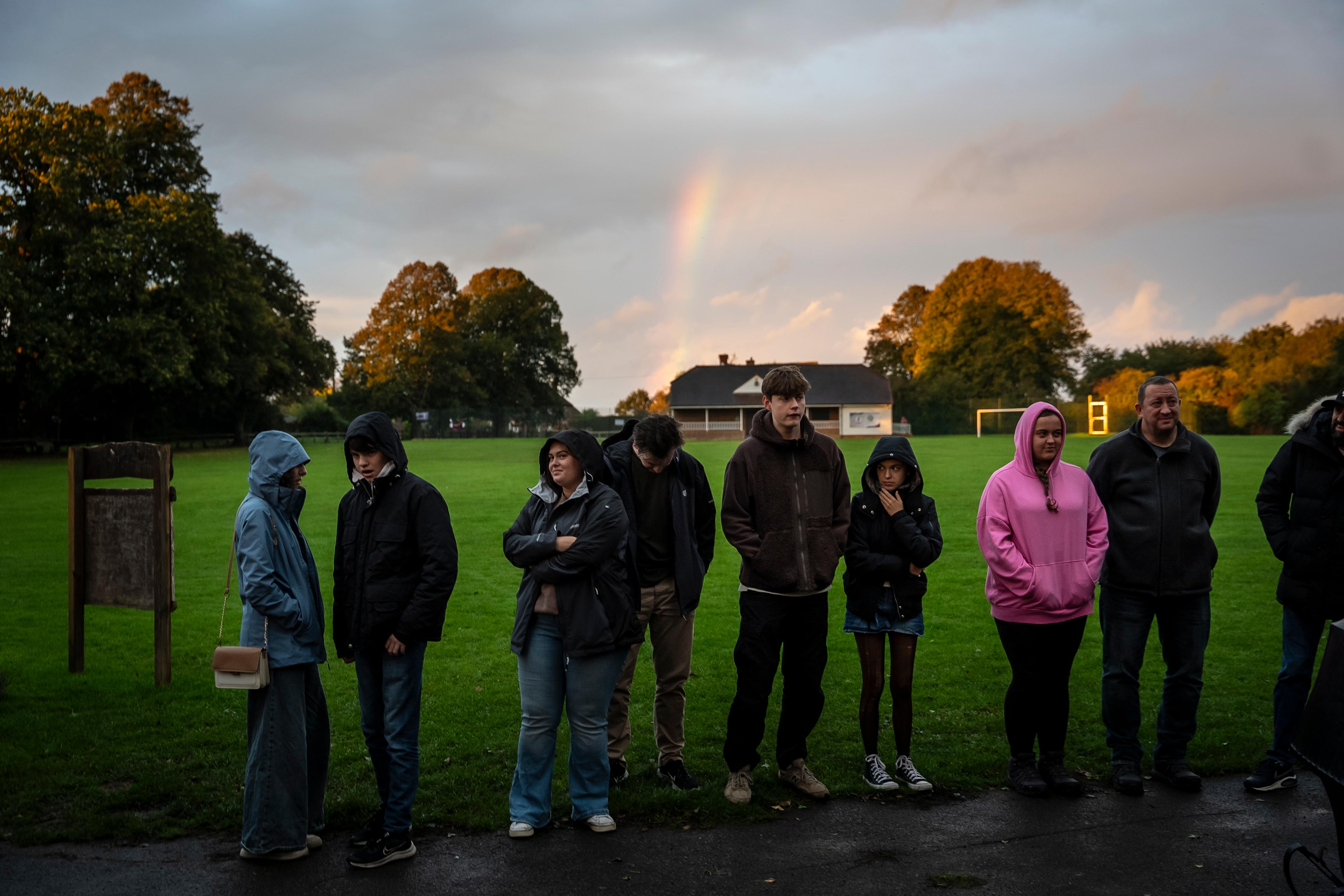
It’s a mistake to frame autistic and ADHD traits as either deficits or mere differences. There’s another way to see them
by Joshua May
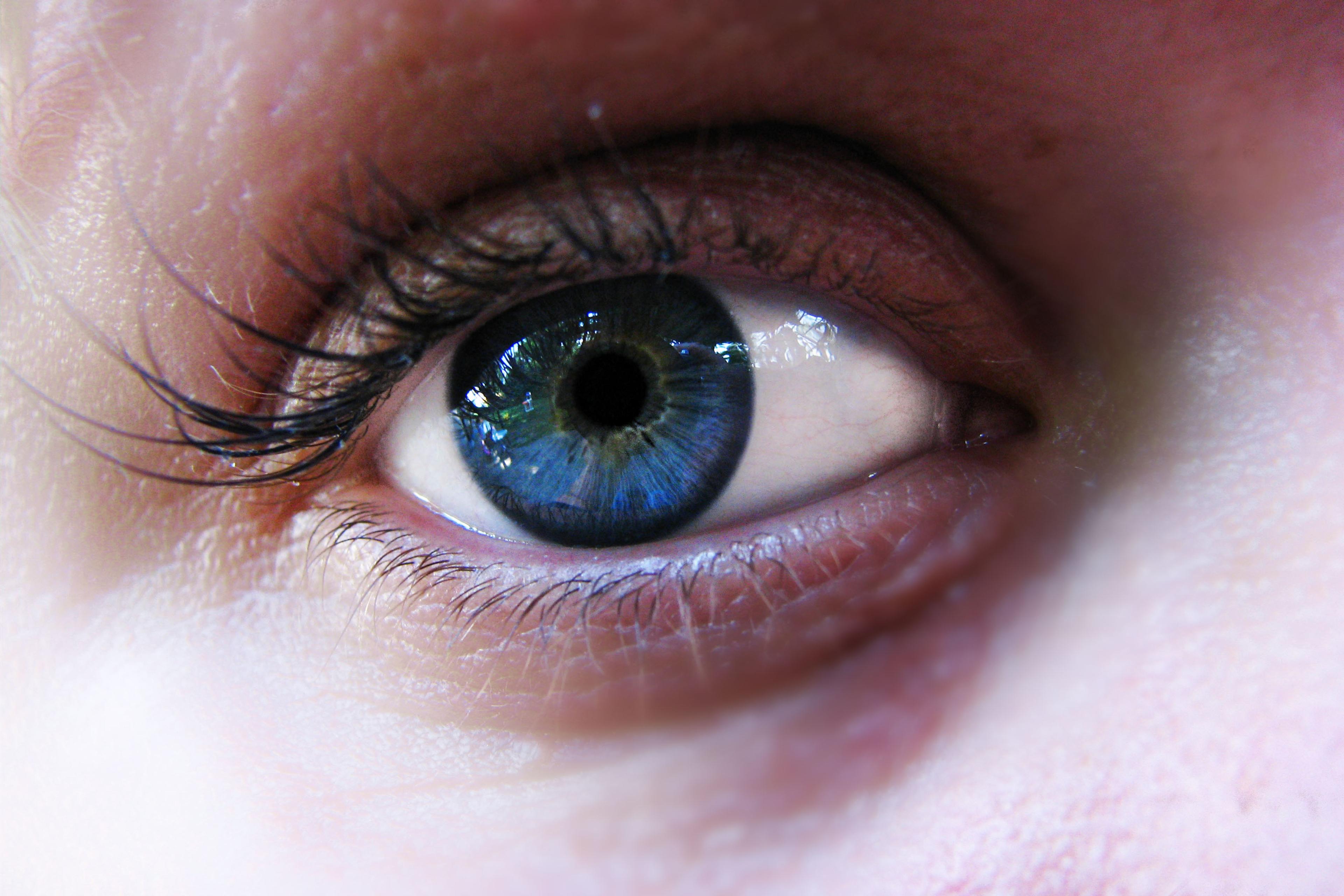
From mental effort to the content of a person’s imagination, these tiny apertures reveal far more than you might realise
by Christoph Strauch
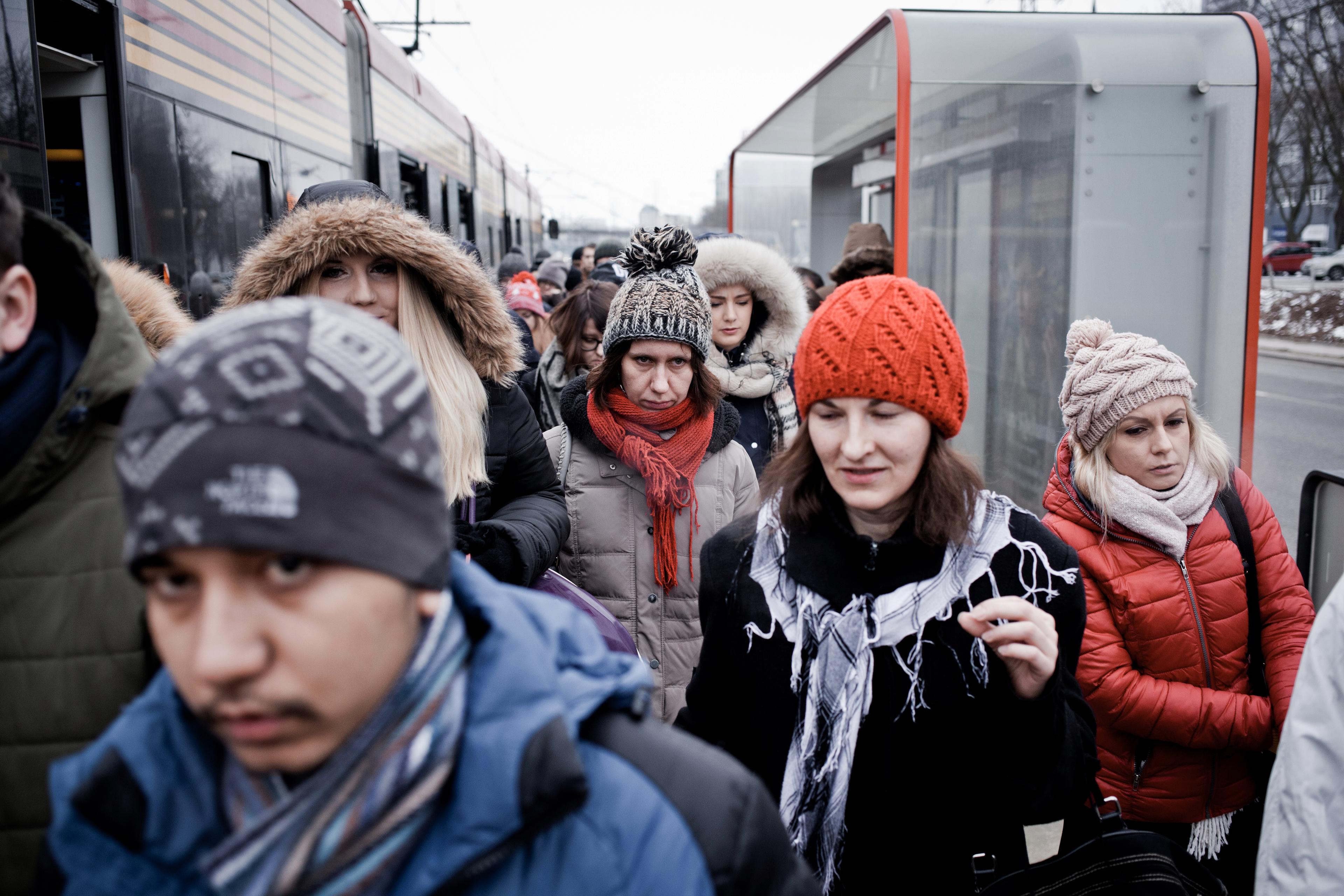
By the time an adult learns they’re autistic, they have often been covering up for years. A period of self-discovery awaits
by Leonie Mercedes
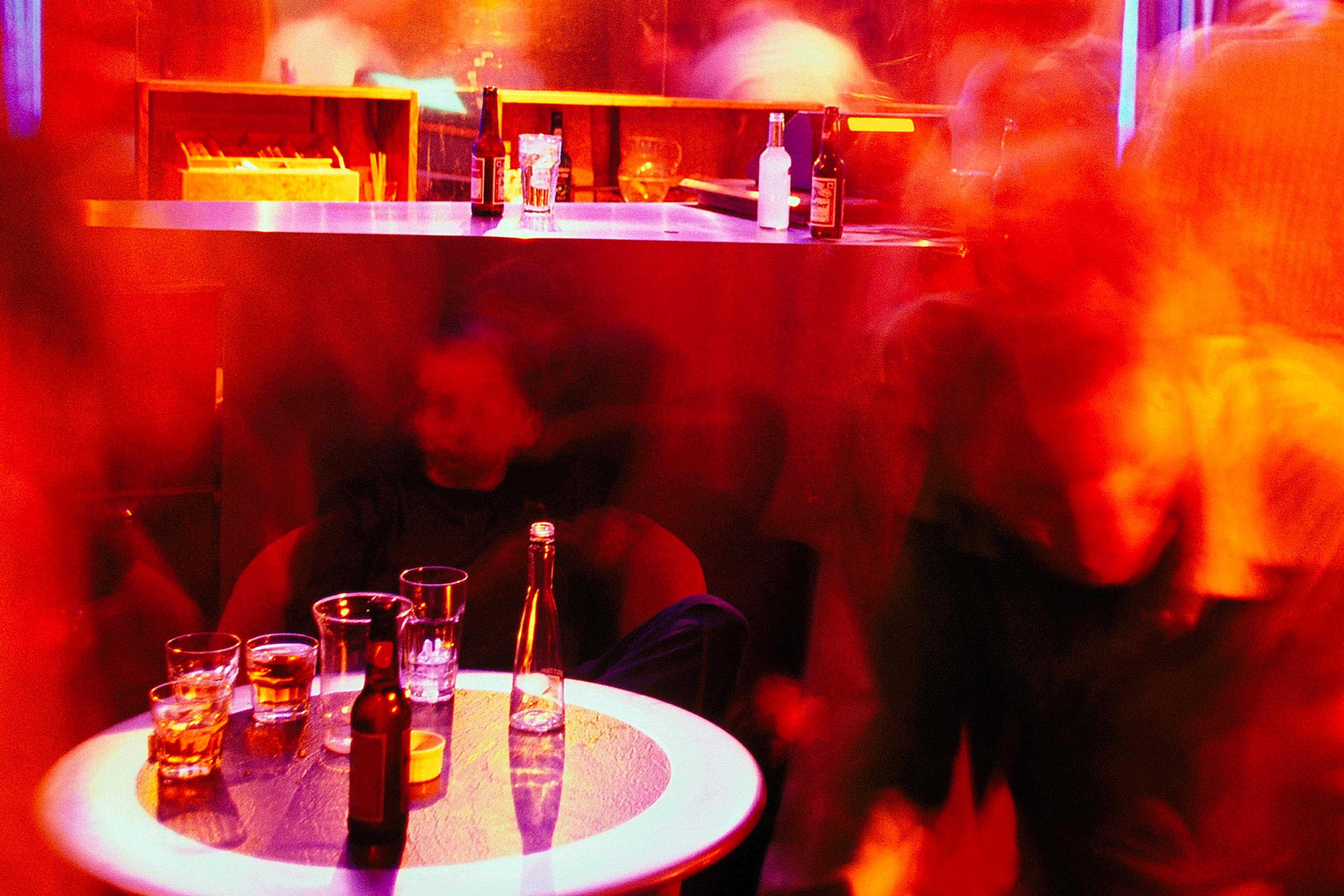
Discovering I have aphantasia helped me understand my response to being assaulted and why I wasn’t debilitated by PTSD
by J B Smith
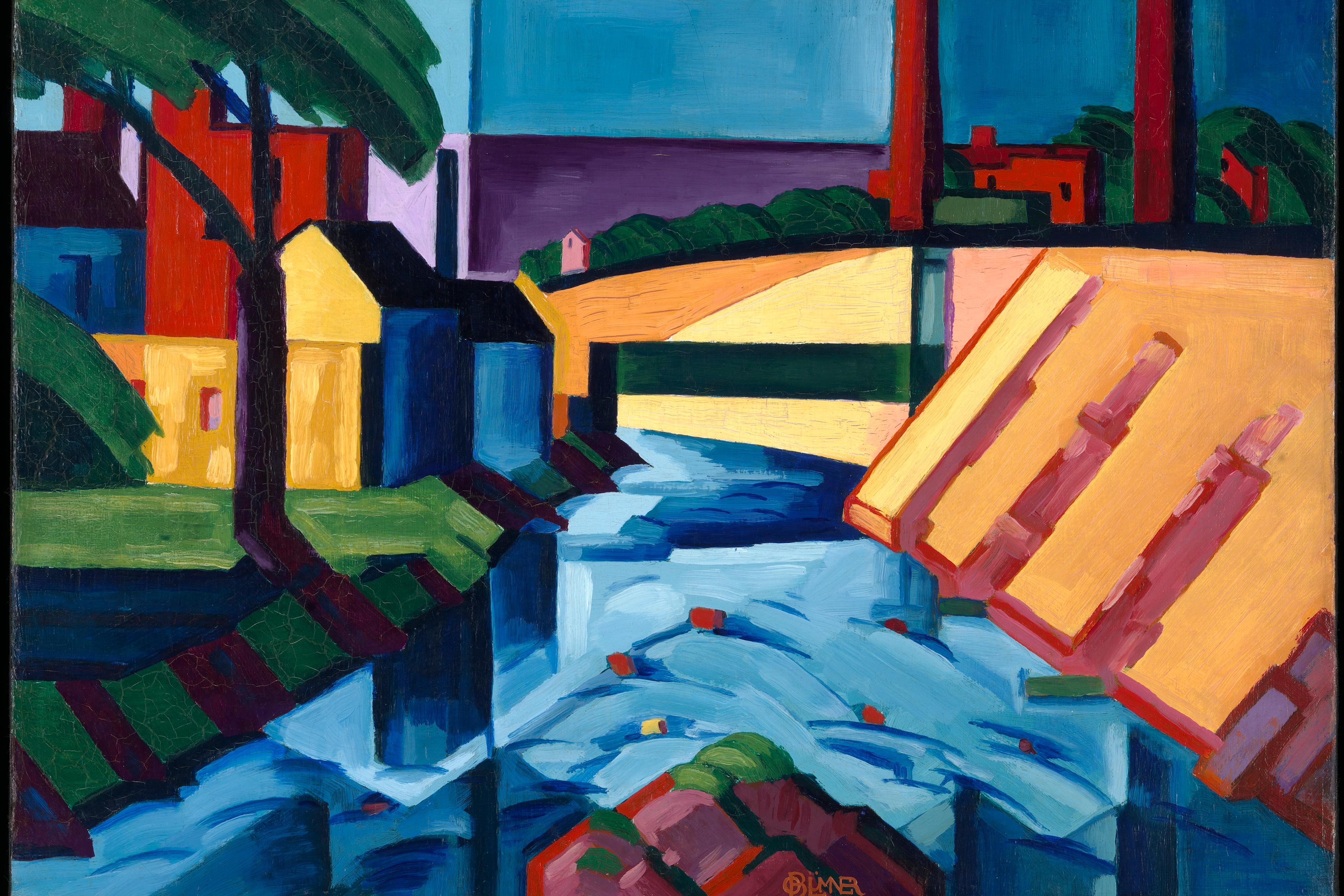
We all constantly filter a flood of details coming in. This process helps explain what gives some brains a creative edge
by Madeleine Gross

Stereotypes are obviously bad, but believing you share an essence with others could help people who feel marginalised
by Ariana Orvell & Alexa Lebrón-Cruz
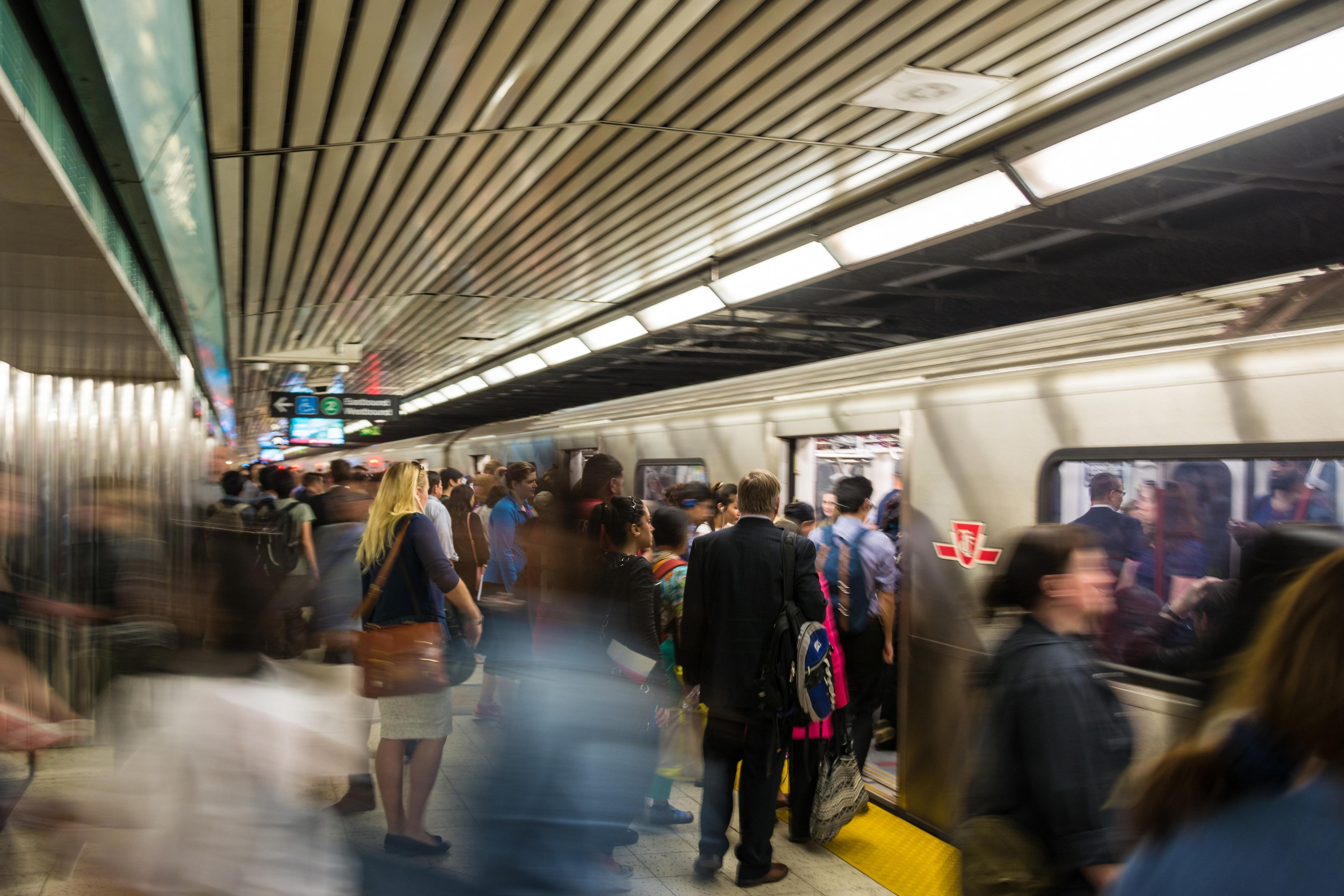
As an autistic person, this is how I draw the line between adapting in a way that’s good for me and simple conformity
by Jack Ori
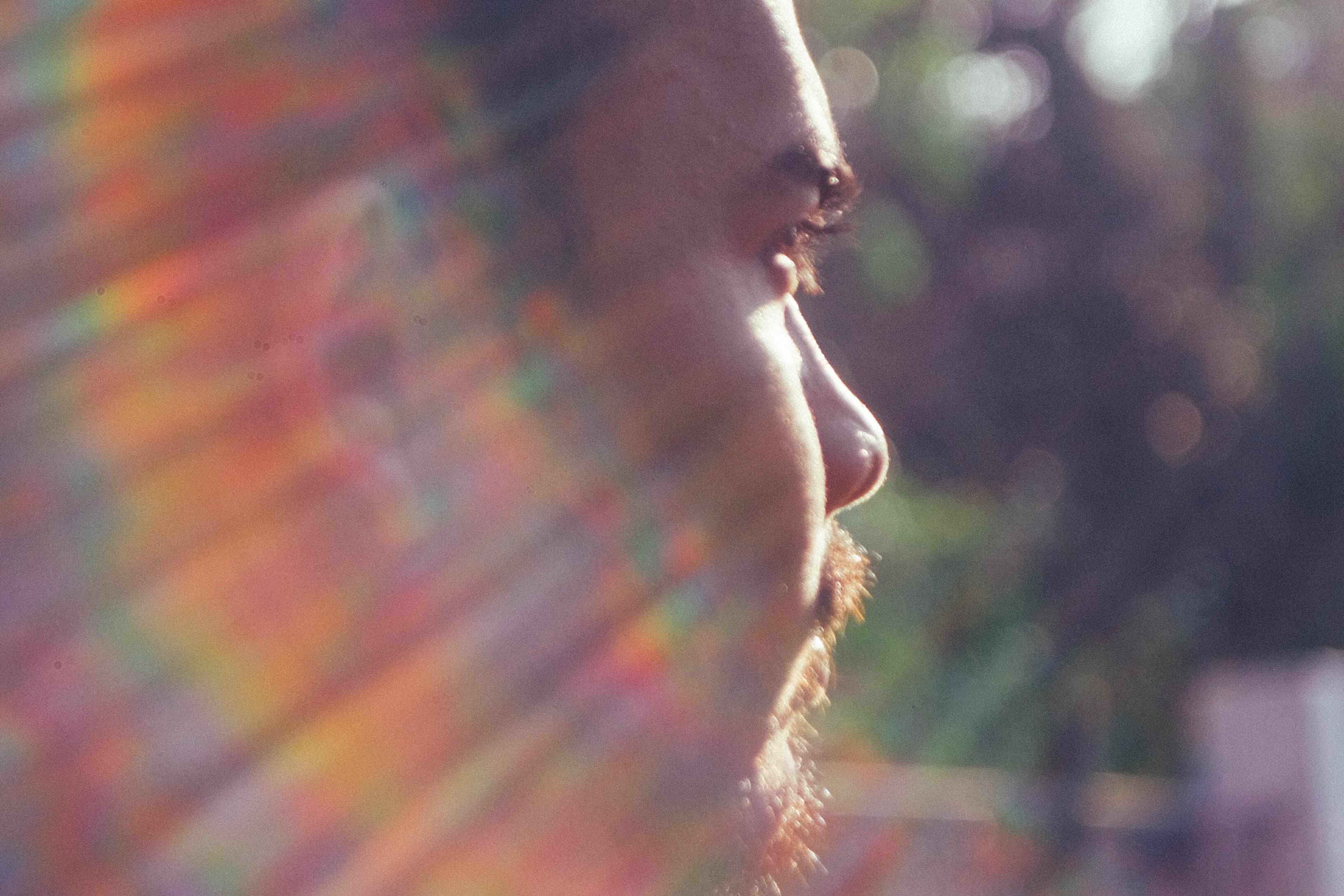
Case reports suggest psychedelics might reverse aphantasia (a lack of mental imagery), but is that necessarily a good thing?
by Shayla Love
